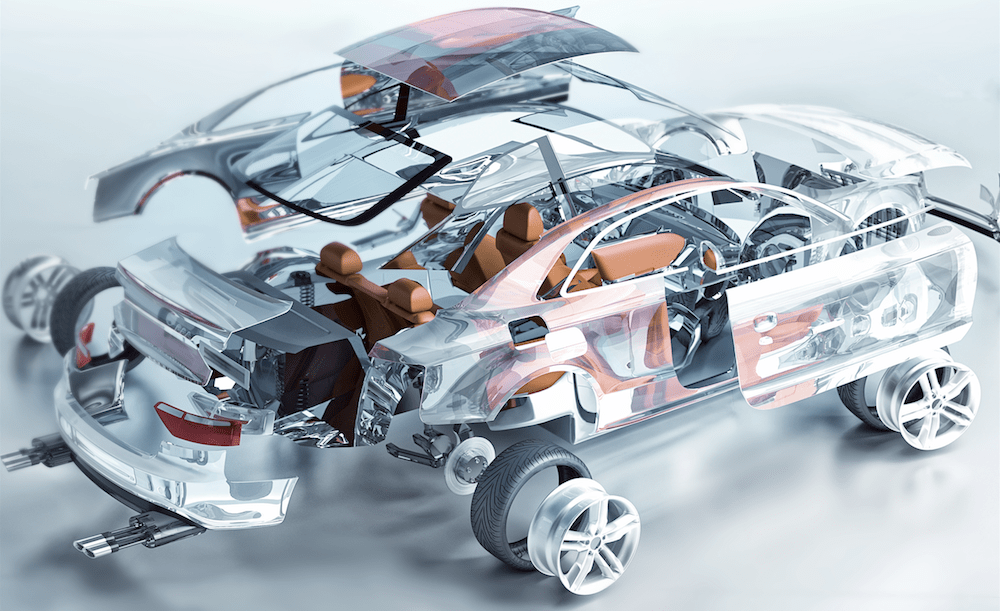Homeowners looking to make their homes more energy efficient while still having reliable heating and cooling can benefit from installing a mini split heat pump system. These systems offer several advantages over traditional HVAC systems, including improved energy efficiency, quieter operation, and better air quality. In this article, we’ll explore how mini split heat pumps work and why they’re an excellent choice for homeowners looking to maximize their efficiency.
How Mini Split Heat Pumps Work
Mini split heat pump systems are composed of two main parts: the indoor evaporator unit and the outdoor compressor unit. The indoor unit is responsible for cooling or heating the home. It works by drawing hot or cold air from the outside environment and sending it through the system’s ductwork. The outdoor compressor then pumps that air into your home, depending on whether you need heated or cooled air. This process is incredibly efficient because it uses much less energy than traditional HVAC systems, which generate both hot and cold air using electricity.
Benefits of Mini Split Heat Pumps
The biggest benefit of mini split heat pumps is energy efficiency. Because they use ambient temperatures from outside to cool or heat your home, they don’t require as much electricity as traditional HVAC systems do. This means that your power bills will be significantly lower than if you were using an HVAC system to regulate your home’s temperature. Additionally, mini split heat pumps are quieter than traditional HVAC systems because there are fewer moving parts involved in their operation. Finally, because there’s no transfer of air between the inside and outside of your home, mini split heat pumps reduce allergens in the air since they don’t pull in dust or other pollutants from outside environments.
Cost Considerations
While mini split HVAC systems offer significant cost savings in terms of energy consumption, they also come with an upfront price tag that may be prohibitively expensive for some homeowners. However, many local utilities offer rebates and incentives to those who choose to install a mini split system in their homes; these programs can help offset some of the costs associated with installation and maintenance of a mini split system. Additionally, many states have tax credits available for those who install these systems; check with your local government office to learn more about what incentives may be available in your area.
In short
Installing a mini split heat pump system can be a great way for homeowners to increase their efficiency and save money on their power bills at the same time. These systems use ambient temperatures from outside environments to regulate temperatures inside homes instead of generating hot or cold air themselves like traditional HVAC systems do; this makes them incredibly efficient when it comes to energy consumption. Additionally, these systems are quieter than traditional units since they involve fewer moving parts and generate less noise when running; plus, because there is no transfer of air between inside and outside environments when using these systems, allergens are reduced in the air inside your home too! While installation costs may be high initially due to labor costs associated with setup and maintenance fees, many local utility companies offer rebates and incentives that can help offset those costs along with state-level tax credits too! When considering an upgrade for your home’s heating/cooling system, consider looking into a mini-split heat pump system as an option!





